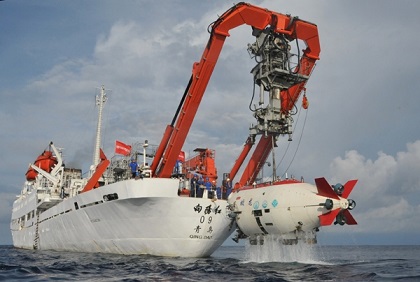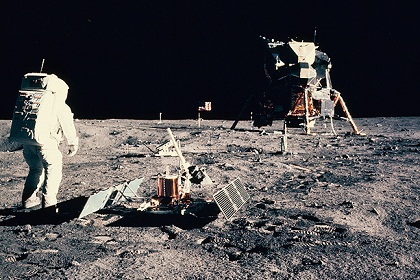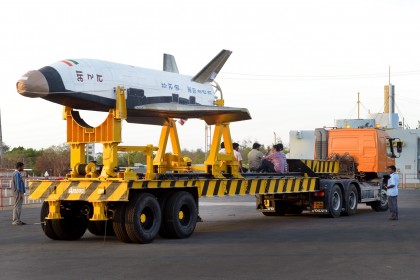Venus: testing ground for high-technologies
The Indian Space Research Organisation’s (ISRO) recently announced intention to visit the planet Venus – the third celestial destination for India after the Moon and Mars – is a significant academic pursuit. But can New Delhi use this opportunity to develop cutting-edge trans-disciplinary technologies and advance its space diplomacy?










